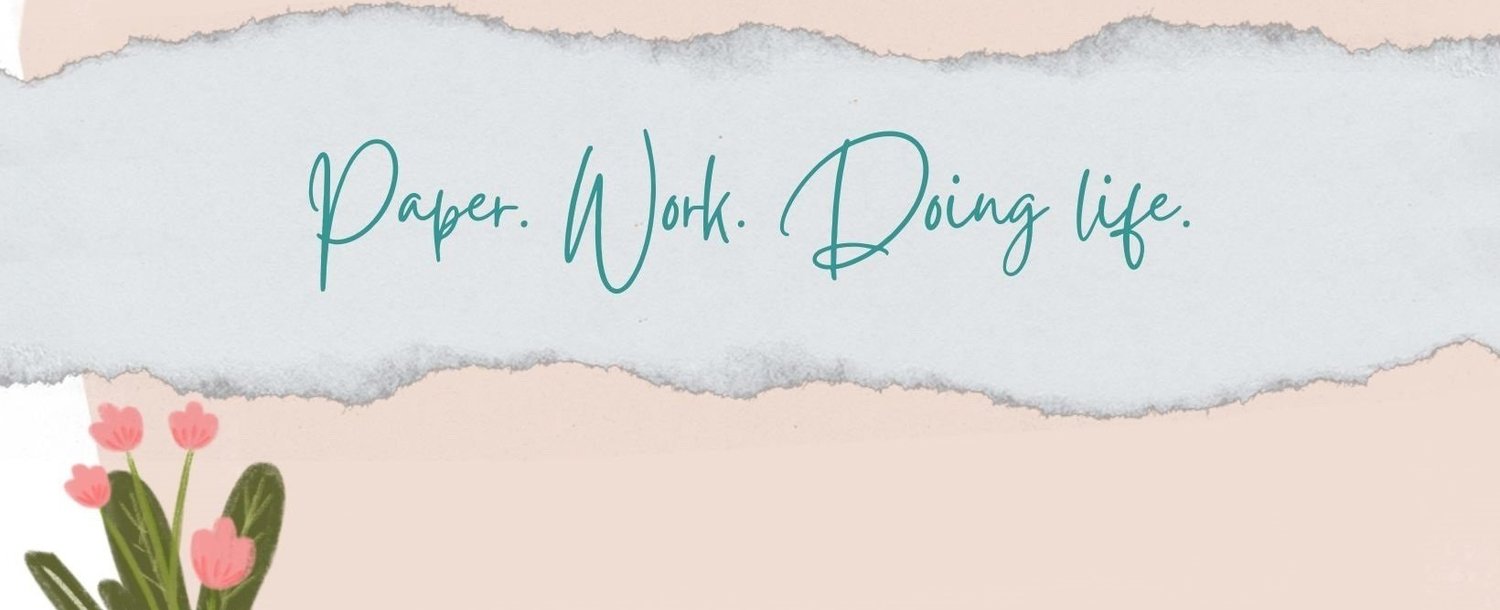To Lexile or Not to Lexile
Rebecca Mead’s article “The Percy Jackson Problem” on The New Yorker website discusses an age old debate that I am experiencing in my library this year in a new way. Mead considers the question of whether or not it matters WHAT kids are reading as long as they are reading. She quotes Neil Gaiman (one of my favorites – oh The Graveyard Book) who says, “I don’t think there is such a thing as a bad book for children;” further arguing, “Well-meaning adults…can easily kill a child’s love of reading” by pulling them away from what they love toward more “improving” literature. Many argue that the “easier” reading is a nice gateway to more challenging reading. Mead also quotes Tim Park who takes the opposite stance, asserting “the example of his own children’s reading habits, and those of his young students, to argue that there is little evidence to suggest that readers will make progress “upward from pulp to Proust.” She further explores this debate referencing the incredibly popular Rick Riordan. Is it better, she asks, to learn Greek mythology through the Percy Jackson series or the more “elegant” tomes?
In my library this year, the debate is coming down to lexile. In our all important drive to raise reading scores, the students are being challenged to choose books in a challenging lexile range. The problem? The books our kids want to read are not necessarily in that range. So the battle rages. High lexile does not necessarily equal more sophisticated content and vice versa (John Green anyone?). I am searching - looking to buy books that meet both criteria, and, oh yes, remain content appropriate for junior high readers. Right now the battle seems like an uphill one. Too often, I am sending kids out of the library with sighs of “somehow I’ll get through this book” instead squeals of “I can’t wait to read this book.” I hope we are not destroying the love of reading in our quest for ever higher test scores.
Along with being the librarian, I am also an AP Literature teacher, so I understand the importance of students reading complex and layered works, but at the end of the day, I mostly want them to love to read. I want them to visit places they may never get to go in real life and have experiences they may never get to have in real life. Sometimes real life is difficult, and I like to escape with something light and happy that doesn’t really require me to think all THAT much. I want that experience for my students. What do you think?
